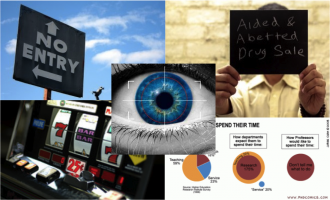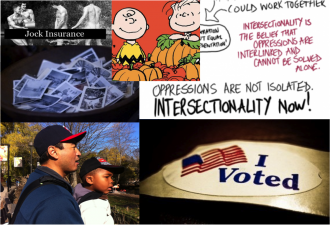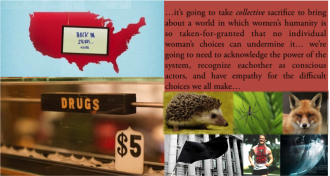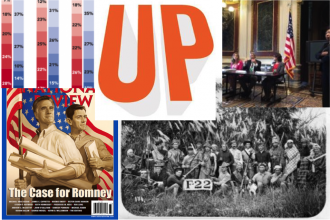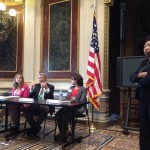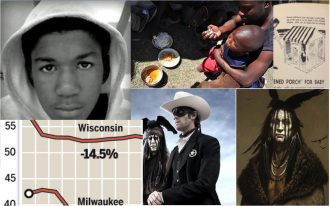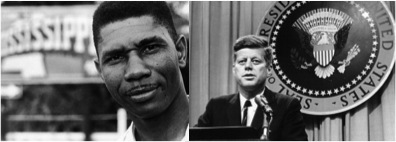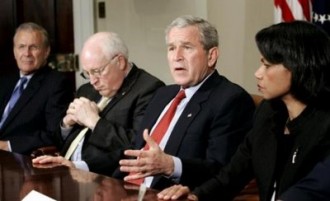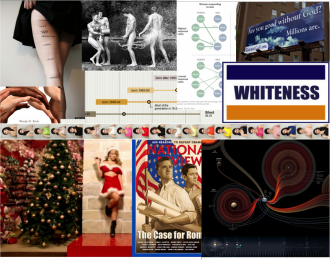 Before we get to the heart of the matter, let’s just put it out there: SocImages’ annual Christmas Roundup is ready and ripe for the readin’! Get it!
Before we get to the heart of the matter, let’s just put it out there: SocImages’ annual Christmas Roundup is ready and ripe for the readin’! Get it!
Now, rather than our usual Roundup, it’s time to announce this year’s fully unscientific, but fully entertaining TSP Awards! Hopefully these excellent pieces from our original content, our blogs, and beyond will keep you in reading material in the days of travel and food comas ahead. We wish you a wonderful New Year full of health, productivity, and ridiculousness, because every good year is a little ridiculous. more...

